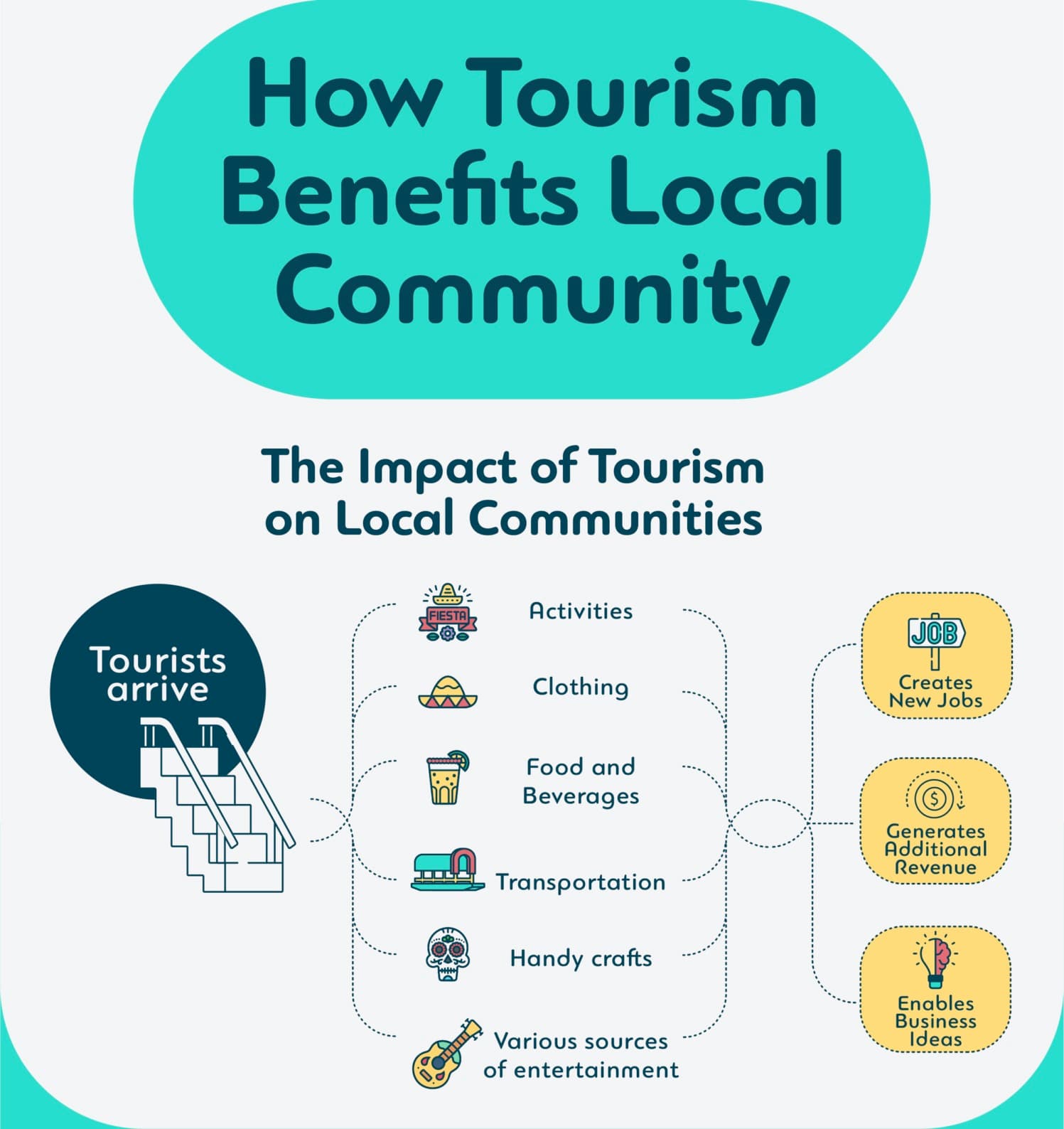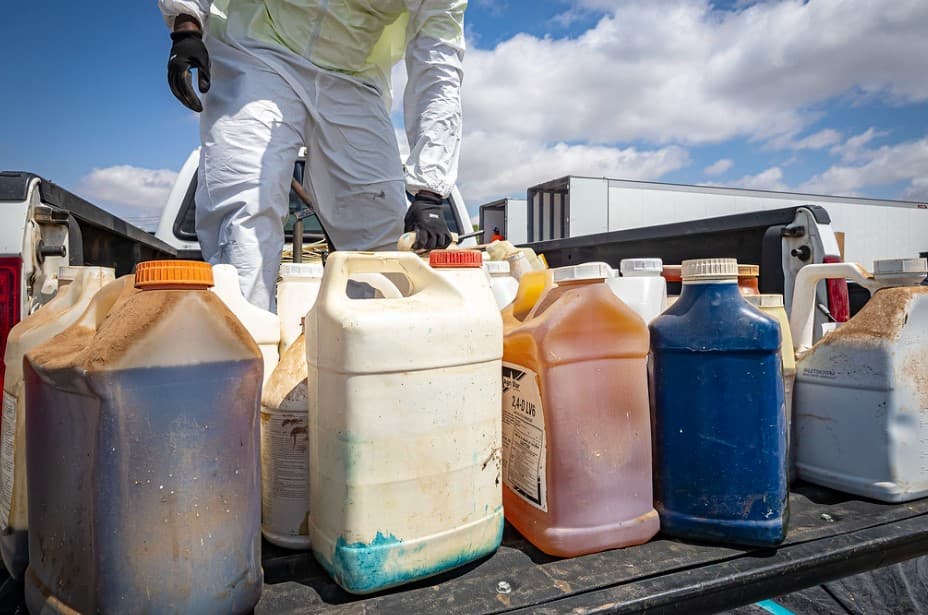Holiday Waste Expected to Surge in Texas County, Officials Warn
As families plan seasonal gatherings, city waste crews in Texas County are preparing for a significant rise in household trash from November through the start of the new year. Local experts say the surge can strain municipal services and increase public health and environmental risks, but practical steps can reduce waste and ease community burdens.

City waste crews across Texas County are gearing up for their busiest period of the year as holiday gift giving, festive meals and online shopping send household waste volumes higher. Local officials expect increases in wrapping paper, food scraps and packaging and shipping materials to compound routine trash and recycling loads beginning in November and continuing through the first of the year.
Keima Borsuah, OSU Extension assistant state specialist with the Solid Waste Management Program, said household waste typically increases from November through the first of the year and that families can take steps to curb that trend. “Families generally increase waste output by about 25% during the holiday season. ... With a little pre-planning and thinking outside of the box, families can reduce their waste footprint this year.”
The expected rise has practical consequences for Texas County residents. Overflowing bins and full collection trucks can lead to missed pickups, additional municipal disposal costs and heavier workloads for sanitation workers. When trash accumulates at curbside or in public spaces it can attract pests and create localized sanitation concerns that affect neighborhood health and quality of life. Lower income neighborhoods may feel these effects sooner if collection gaps occur or if residents have less access to composting or recycling options.
Experts encourage residents to adopt simple, cost effective practices to limit waste and reduce pressure on local systems. Giving experiences instead of material gifts, shopping at thrift stores and choosing durable items such as reusable bottles or cloth bags can lower the volume of items destined for landfills. Using regular reusable dishes for gatherings and avoiding preparation of excess food helps both household budgets and waste streams. Composting food scraps when possible diverts organic waste from trash and can reduce odors and pest problems. Reusing wrapping materials like bandanas, fabric or newspaper and saving gift bags for future use also cuts down on one time packaging waste. Residents are warned that some wrapping materials, including glitter and shiny paper, often cannot be recycled and should be discarded or reused.
Municipal recycling and overflow options vary across the county, so residents are urged to check local guidelines before discarding items. Outreach and planning can make a measurable difference, especially for families on tight budgets or for residents without regular access to diversion programs. Trisha Gedon, senior communications specialist with Oklahoma State University Extension, is listed as a media contact for additional guidance.
As holiday plans take shape, community awareness and small changes in behavior can reduce strain on public services, protect neighborhood health and keep local waste systems working for everyone.


